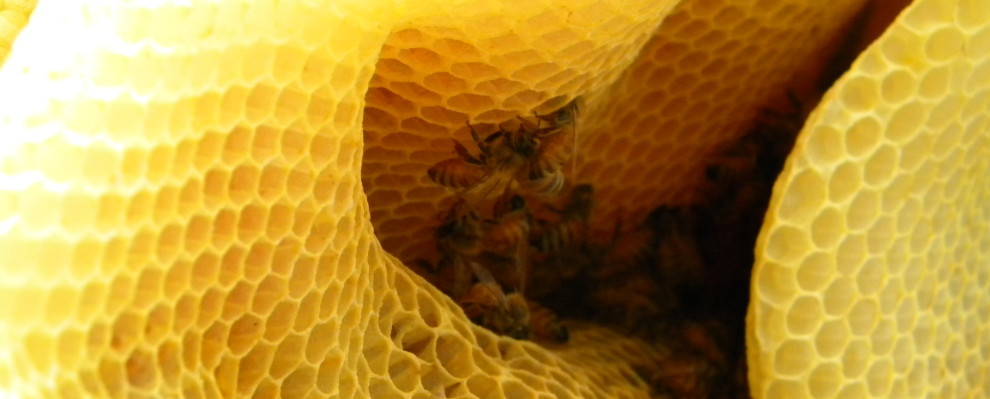The survey doesn’t give an option for “I would like to…” in the question about what things have helped us. As it’s only April and we’re just starting beekeeping this year, we’re still trying to find beekeeping mentors, classes that actually fit our schedules, and other local resources, so would love to be able to indicate interest in those things 😉
RESPONSE: The last open section is exactly for your adding something like “I would like to….” Please consider adding that information. Most short courses/classes on bees are in Feb and March – there will be very few for rest of the year….and those that will be offered are often for more advance beekeepers (such as courses on queen rearing, our Journey courses in the OR Master Beekeeper program). Courses are offered early in the year so beekeepers can start this year. What is still available however are the monthly meetings of the bee associations. Many have an open Q&A session so you can ask an expert – some have a meeting before the meeting to get questions answered. Check out the OR State beekeepers site orsba.org for the nearest local group to where you live.
